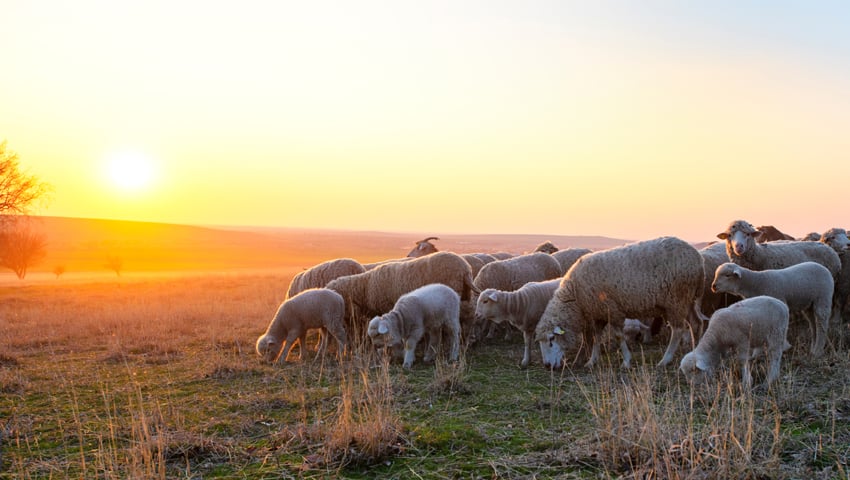REGENERATIVE farming focusses on harnessing the power of nature so that land managers can put it to work on their farms. It centres on making the best use of nature’s free resources – sunlight, water and the inbuilt resilience of biological complexity and connectivity.
Regen also makes economic sense. The successful application of regenerative knowledge allows farmers to significantly reduce inputs, including synthetic fertilisers, meaning that production becomes cheaper and less vulnerable to the vagaries of global fuel prices. Regen has also been shown to improve animal health and welfare, meaning more resilient stock and fewer expensive veterinary call-outs.
Last week, as part of the Pasture for Life summer study tour, farm manager Matthew Griffin hosted an event in the Scottish Borders at Benson Wemyss Farms. Farmers came from as far away as Wales to learn more about their reducing inputs, regenerating soil health and building biodiversity.
Claire Taylor, a columnist from the Herald Scotland, also attended. She wrote “I’m personally not a fan of labels, history has taught us that they lead to division. In the case of regen, I’ve been told by many there is a fear that if they profess to be prescribing to this approach, they could be shaming other practices and they don’t want to be doing down others in the industry.”
However, describing her experience, she wrote “There was no vilification of conventional farming systems. Instead soil expert Michael Barton shared insights into some of the trials they had been carrying out looking at a new composting system which they are using to better inform their decision-making on the farm. During a walk around the trial plots, he was able to demonstrate the difference between soils which had been applied with compost and those which had received a synthetic nitrogen fertiliser application.
“The results were astonishing. The compost application had resulted in more nutrient-dense and species-rich soils, much higher in natural nitrogen levels than the plot which had received a synthetic nitrogen application.
“I’m not a soil scientist, so my take-home was less the detail of the study but the way in which it was shared and the potential it offered. It taught me that conducting research like this, which practically demonstrates better management and results, alongside the way in which this message is communicated, is going to be crucial to changing minds and altering practices. Barton was passionate and highly technical, but his approach to storytelling struck a blend which was both informative and inclusive, inspiring others to follow.”
